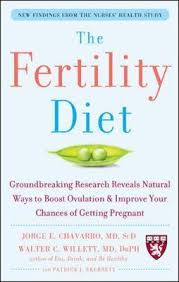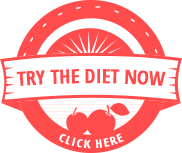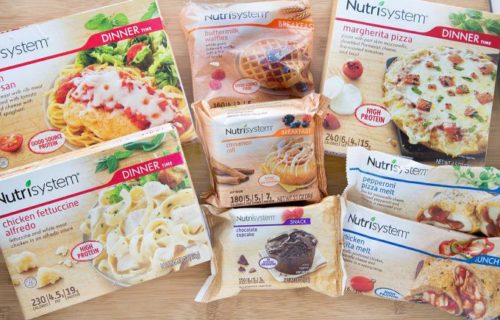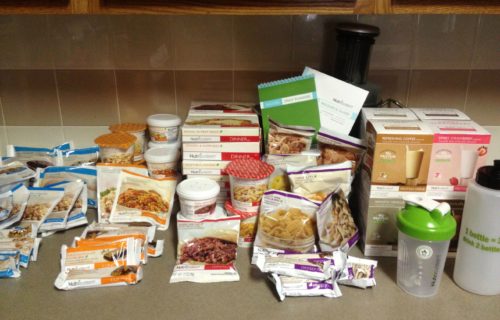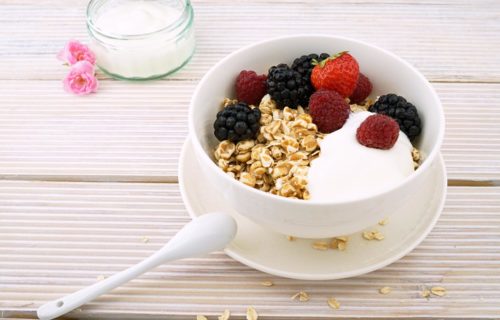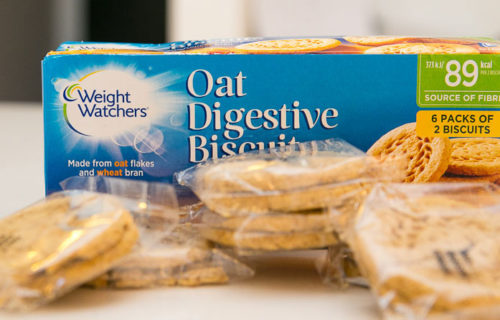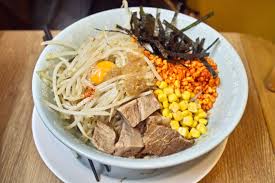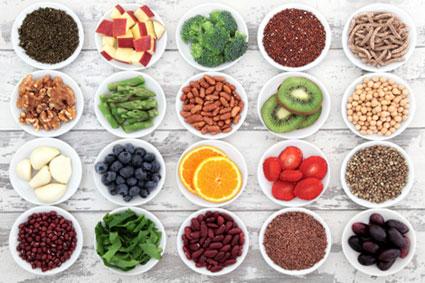We’ve heard of diets that can help us to lose weight and others that can make us healthier…but a fertility diet? Well, the truth is, there are many couples that struggle to have children, and, research shows that eating the right foods can make increase the chances of conception. Find out more about what the fertility diet entails.
What is the Fertility Diet?
The Fertility Diet offers a nutrient dense diet plan that can increase the chances of healthy ovulation, prevent recurring miscarriages and support a healthy pregnancy. Though there may be variations of the fertility diet available, the concept is based on the book, ‘The Fertility Diet’ Groundbreaking Research Reveals Natural Ways to Boost Ovulation and Improve Your Chances of Getting Pregnant’ by Drs. Jorge Chavarro and Walter Willet of the Harvard School of Public Health.
The diet recommends that women looking to conceive should try to eat ‘good fats’, whole grains and plant proteins. These will help improve egg supply.
On the other hand, ‘bad fats’ like refined carbohydrates and red meats cause a woman to produce fewer eggs increasing the chances of ovulatory infertility. When on the diet, these foods should be avoided.
The book recommends a ten-step program to increasing fertility. These steps guide dieters through a process of gradually improving their diet, eliminating foods that will decrease fertility while increasing those that will improve their chances of conceiving.
Exercise on the Fertility Diet
Exercise is one of the ten steps that are recommended in the Fertility Diet. Specifically, 30 minutes of walking a day is encouraged as this will help maintain healthy weight and improve fertility.
Nutrition on the Fertility Diet
The Fertility Diet is generally healthy for almost anyone. For women trying to conceive, the antioxidants in the recommended foods will help protect the egg and sperm, increasing chances of conceiving. Foods that are eliminated include those with free radicals that can decrease fertility.
When on the Fertility Diet, you can expect to eat plenty of fruits and vegetables, fibers, healthy fats and organic foods while taking a prenatal multi vitamin. Foods to avoid will include soy, coffee, GMO’s and refined sugar.
Reviews of the Fertility Diet
The Fertility Diet has been well received by those who have been following it. Here is what some people are saying:
“I am really enjoying reading this book. It shares a lot of great medical facts but it is very easy to read and understand. I am not pregnant yet but I’m hoping that by following some of the food and lifestyle changes that this book recommends, to be pregnant soon. I like the food that it has listed and it tells you why these foods are good for you. Great book!”
“This book was recommended to me by a reproductive endocrinologist. I found it an easy read and very enlightening as to how I should eat. I recommend this for any women who is starting to look at her fertility.”
“After three years I finally got pregnant!”
Advantages of the Fertility Diet
- Easy to follow 10 step program.
- Convenient; foods are easy to find and prepare.
- Healthy diet that can improve quality of life for anyone who tries it.
- Food is tasty in general.
- Eating out is okay and book offers guidelines to make sure you make healthy choices.
- You can feel full on this diet.
- You can lose weight on this diet.
Disadvantages of the Fertility Diet
- Dieters might miss indulging in a juicy steak.
- There are no companion items available with the book.
Conclusion
Although there are no guarantees that you will get pregnant while following this diet, it will make you healthier overall, increasing your chances of conceiving and improving your quality of life. I recommend it to anyone who wants to start working towards a healthier lifestyle.

